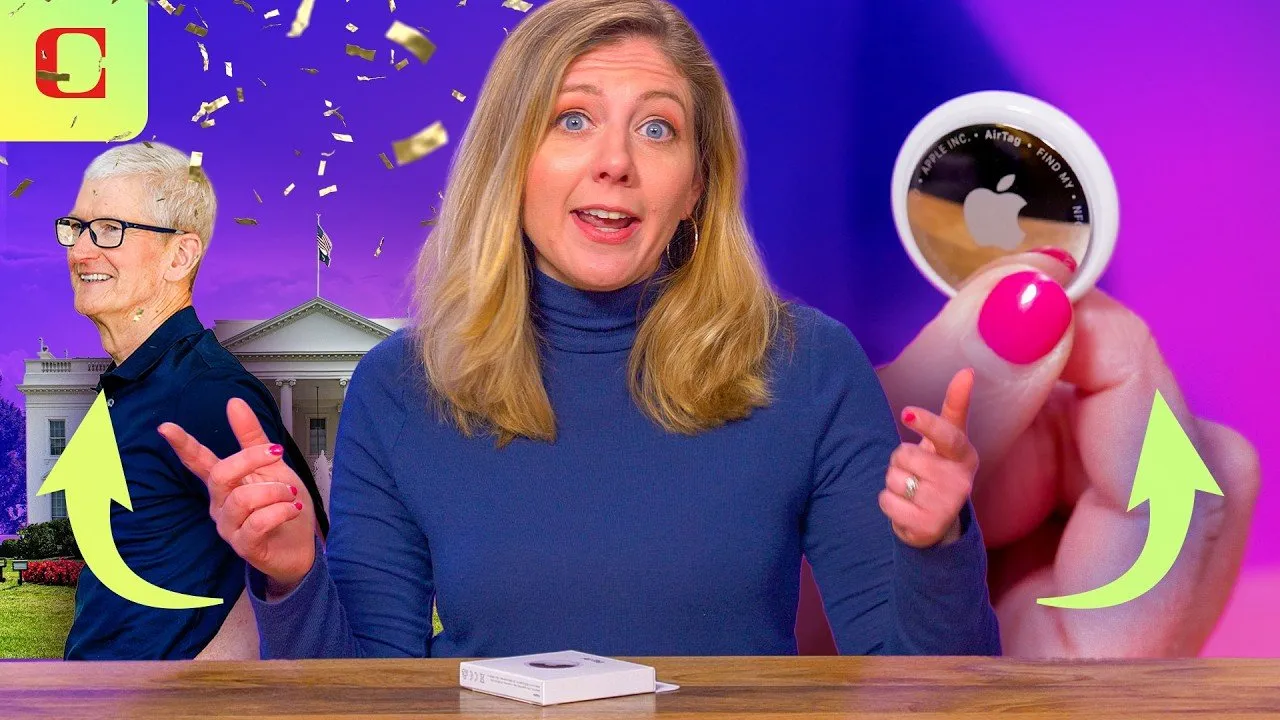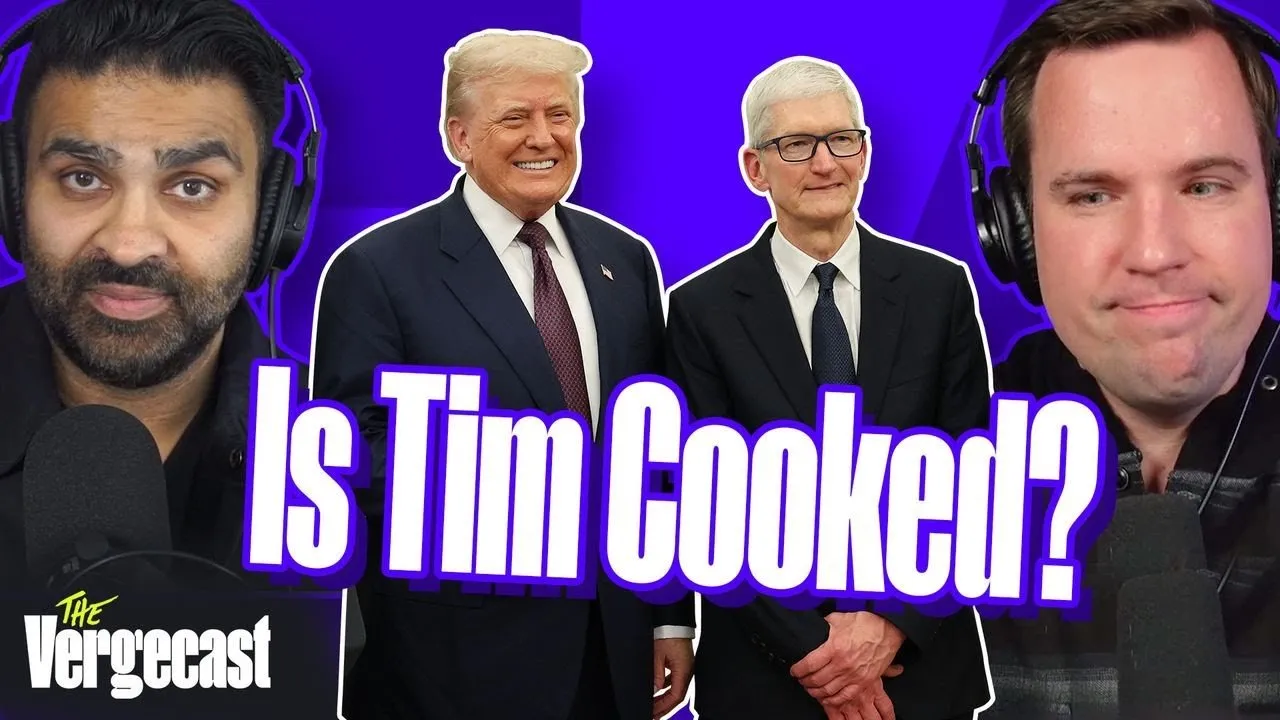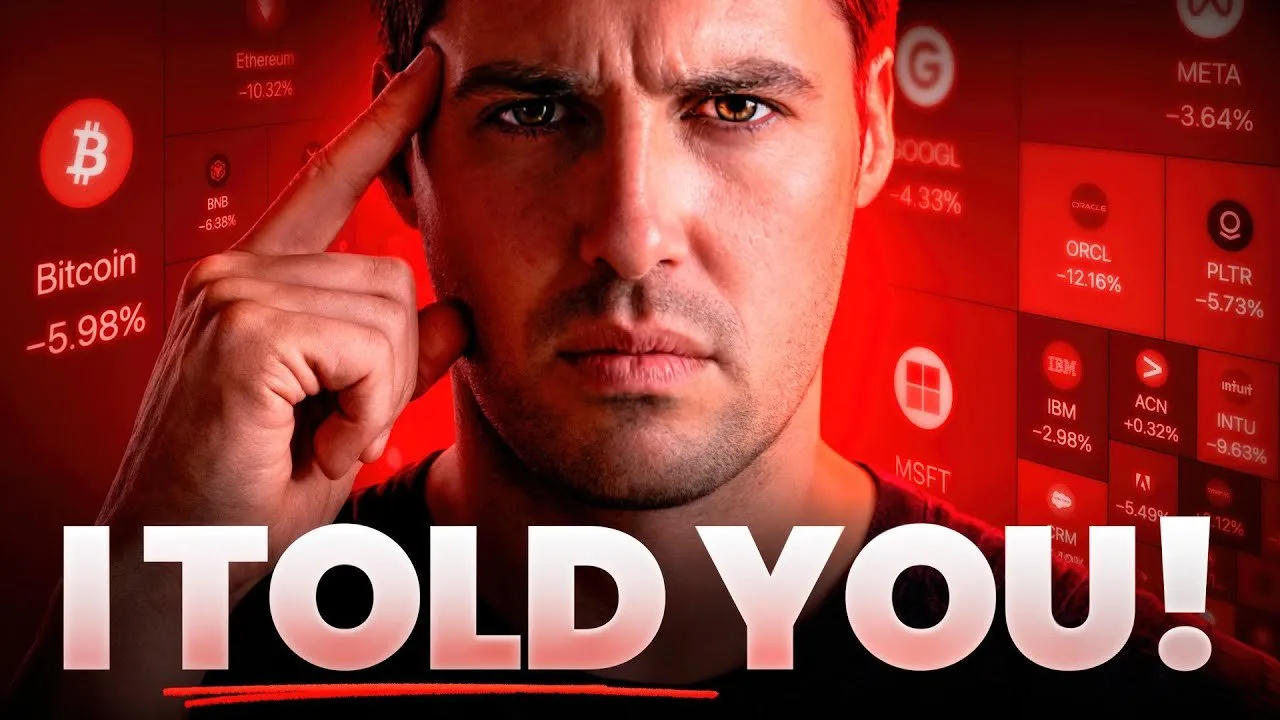Josh Waitzkin, renowned for "The Art of Learning," discusses achieving mastery through deep practice, unlearning, and aligning unique strengths with chosen disciplines.
Key Takeaways
- True mastery stems from translating core principles across disciplines, not just accumulating knowledge in one.
- Unlearning ingrained habits and cognitive biases is crucial for reaching elite levels of performance.
- World-class performers build lifestyles around their unique strengths and peak energy periods.
- Meditation is a powerful tool for deepening presence, enhancing creativity, and managing emotional responses.
- Cultivating a love for the process, including challenges and points of resistance, fuels sustained excellence.
- Marcelo Garcia exemplifies kinesthetic intelligence and mastery through constant transitional play in Jiu-Jitsu.
- The ability to turn performance intensity "on" and "off" is vital for recovery and sustained peak output.
- Journaling and structured reflection help internalize quality and tap into the unconscious mind for insights.
- Authenticity and privacy are key for Waitzkin, allowing him to protect his creative process and focus.
Timeline Overview: Insights from the Conversation
- 00:00–15:00: Tim Ferriss introduces Josh Waitzkin, discussing his book "The Art of Learning" and his expertise in chess, Tai Chi, and Brazilian Jiu-Jitsu. Waitzkin explains the book originated from realizing his chess principles translated to martial arts, particularly after an experience playing simultaneous chess felt like Push Hands. He describes playing simultaneous chess as feeling an energetic flow, not 40 separate games, and how cheating disrupted this overall flow.
- Waitzkin: "I began to feel like I was riding the energetic wave of the game... I wasn't playing chess... I was feeling the flow."
- 15:00–30:00: Discussion shifts to Marcelo Garcia, Waitzkin's Jiu-Jitsu partner, and his extraordinary kinesthetic intelligence. Waitzkin highlights Garcia's ability to learn physical skills almost instantly and never be caught by the same throw twice. He shares Garcia’s unique philosophy of openly streaming his training, believing that if competitors study his game, they enter his world where he excels. The concept of playing in transitions and mastering "the space between the notes" is explored as key to high-level performance.
- 30:00–45:00: The conversation delves into cognitive biases and the importance of presence. Waitzkin explains how holding onto past evaluations can lead to a downward spiral in performance. He discusses his work with top finance professionals, focusing on unlearning, reducing friction, and aligning lifestyles with peak creative periods, contrasting reactive email-checking with proactive creative work. Hemingway's writing process of ending with something left and tapping the unconscious is cited.
- 45:00–1:00:00: The importance of meditation is emphasized, with Waitzkin noting its adoption by many top financial players. He discusses how meditation helps observe mental addictions and reframe relationships with challenging emotions like fear, citing Cus D'Amato's perspective that heroes and cowards feel the same fear but use it differently. Waitzkin shares his morning routine: waking early for journaling before his son wakes, then quality time with his son. He stresses living true to oneself and cultivating quality over quantity, minimizing travel to be present with his family.
- Waitzkin on early fame: "I felt in my teens how that challenged my love for this art because my love for it was so pure initially."
- 1:00:00–1:15:00 (End): Waitzkin lists influential books: Kerouac's works, the Tao Te Ching (Gia-Fu Feng & Jane English translation), and Robert Pirsig's "Zen and the Art of Motorcycle Maintenance," highlighting Pirsig's focus on quality. Hemingway is noted as his most important writer, particularly "For Whom the Bell Tolls" and "A Moveable Feast" .He reflects on a past emergency where he prioritized saving his chess analysis, contrasting it with his current detachment from material possessions. Looking ahead, Waitzkin aims to apply his learning principles to a world-changing education initiative within the next few years. He concludes by emphasizing the importance of "the love" in any pursuit of excellence.





![This Bitcoin Opportunity Will Set Up Many Crypto Traders For Success! [ACT NOW]](/content/images/size/w1304/format/webp/2026/01/bitcoin-short-squeeze-opportunity-100k-target.jpg)